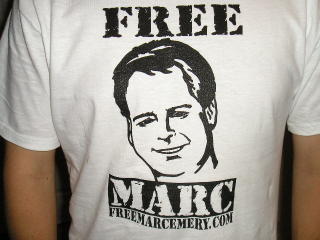About: Peter Jaworski
Peter Jaworski is an MSc Candidate in Philosophy & Public Policy at the London School of Economics. He holds a Master of Arts in Philosophy from the University of Waterloo and an Honours Bachelor's degree in Philosophy from Queen's University. Beginning this fall, Peter will be a PhD student in Applied Ethics, Social & Political Philosophy at Bowling Green State University in Ohio.
Peter is an award-winning journalist, having worked for the Queen's University Journal, Vermont Law School Forum, and the Western Standard and was, for three years, a weekly columnist for the Orono Weekly Times. He has been published in the Reader's Digest, National Post, Long Island Business News, the Orono Weekly Times, the Western Standard, amongst others.
He has worked as an intern at the Cato Institute (2002) in Washington D.C., and the Fraser Institute (2003) in their Toronto office. While in London, Peter was a research assistant with the International Policy Network in Covent Garden.
Peter is an award-winning journalist, having worked for the Queen's University Journal, Vermont Law School Forum, and the Western Standard and was, for three years, a weekly columnist for the Orono Weekly Times. He has been published in the Reader's Digest, National Post, Long Island Business News, the Orono Weekly Times, the Western Standard, amongst others.
He has worked as an intern at the Cato Institute (2002) in Washington D.C., and the Fraser Institute (2003) in their Toronto office. While in London, Peter was a research assistant with the International Policy Network in Covent Garden.



